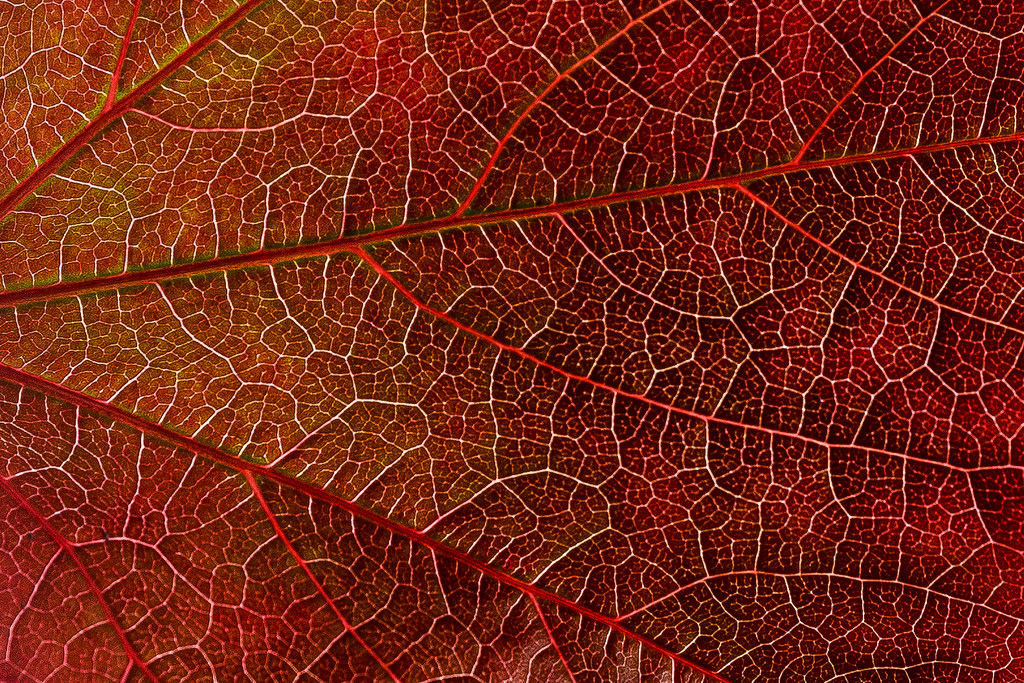Passages from William Langewiesche’s Inside the Sky interspersed with quotations from John Brinckerhoff Jackson’s own writing on landscape. Normally typeset passages from Langewiesche, block quotes from Jackson.
* * *
To his neighbors he was known simply as John, a patron of the community, yes, but also a profane and wizened old man who dressed in motorcycle leather, wore tattoos on his arms, and for unknowable reasons chose to work as a janitor and yardman, driving around in a battered pickup truck with rakes and brooms and shovels and a dog named Reesy. To the larger world he was known as J.B. Jackson, the founder in 1951 of Landscape, a small magazine not about gardening, as people naturally assume, but about the human geography of America.
Jackson published Landscape for seventeen years, until he grew tired of the struggle and sold it for a dollar in 1968. The magazine never ran ads, or turned a profit, or expanded beyond about 3,000 subscribers, but it served as a forum for well-known thinkers about the American scene—a group of social scientists, designers, city planners, and intellectuals for whom the obscurity of the magazine was an attraction. More important, the magazine served as a forum for Jackson himself, a man of profoundly humanistic impulses, who insisted on the worth of ordinary people, and on the value of the spontaneous disorder in what he called the “vernacular” landscape. … Vernacular for Jackson meant the everyday evidence of people’s ordinary lives, the way they really live them, as opposed to the way they are told they should. His admiration for spontaneity was a celebration of humankind, a rebellion against the elitism of designers, and an expression of an anti-authoritarianism which seems to have been his only true political impulse.
* * *
[T]hat old-fashioned but surprisingly persistent definition of landscape: “A portion of the earth’s surface that can be comprehended at a glance.”
Those of us who undertake to study landscapes in a serious way soon come up against a sobering truth: even the simplest, least interesting landscape often contains elements which we are quite unable to explain, mysteries that fit into no known pattern. But we also eventually learn that every landscape, no matter how exotic, also contains elements which we at once recognize and understand.
* * *
The change appeared one morning at Ernie’s Autobody, when Jackson accidentally hosed water into a mechanic’s tool chest. The mechanic went storming up to Jackson screaming, “Goddamn it John you fucking idiot, you need to watch your work! Now look what you’ve done!”
To Jackson at the age of eighty-six, this may have sounded like a commentary on his life. He just stood there outside Ernie’s auto body, letting the water run onto the ground, hanging his head and mumbling, “I’m sorry, sir. I’m sorry, sir. It will never happen again.”
* * *
It is of no use trying to resurrect the vanished forms, beautiful though they may have been; their philosophical justification has gone. All we can do is to produce landscapes for unpredictable men, where the free and democratic intercourse of the Jeffersonian landscape can somehow be combined with the intense self-awareness of the solitary romantic. The existential landscape, without absolutes, without prototypes, devoted to change and mobility and the free confrontation of men, is already taking form around us. It has vitality, but it is neither physically beautiful nor socially just. Our American past has an invaluable lesson to teach us: a coherent, workable landscape evolves where there is a coherent definition not of man but of man’s relation to the world and to his fellow men.
* * *
One Tuesday he showed up at five thirty in the morning at the house of a farmer named Ray Romero with news that his cows had gotten out. Sue Romero, in green curlers, though he looked bad. She had worked as a nurse. She sad, “John, are you taking your medicine?” He answered, “We’re not here to talk about my health,” and he went to work at Ernie’s. By the next morning he was too sick to get up. His housekeeper found him in bed and collected some neighbors and drove him to the hospital.
That evening Ernie’s mechanic son Frank went to visit him there. When Jackson saw him come into the room, he said, “Look at all these goddamned wires. Aw fuck, Frank, close that goddamned door. I just want to go home.”
* * *
When evening falls, the softest, most domestic lights shine from upstairs windows; the only reminder of the nearby city is that dusty pink glow in the sky which in any case the trees all but conceal. Yet why have I always been glad to leave? Was it a painful realization that I was excluded from these rows and rows of (presumably) happy and comfortable homes that has always ended by making me beat a retreat to the city proper? Or was it a conviction that I had actually seen this, experienced it, relished it after a fashion countless times and could no longer derive the slightest spark of inspiration from it?
Featured image: “J.B. Jackson, Cultural Geographer” by Anne Noggle
